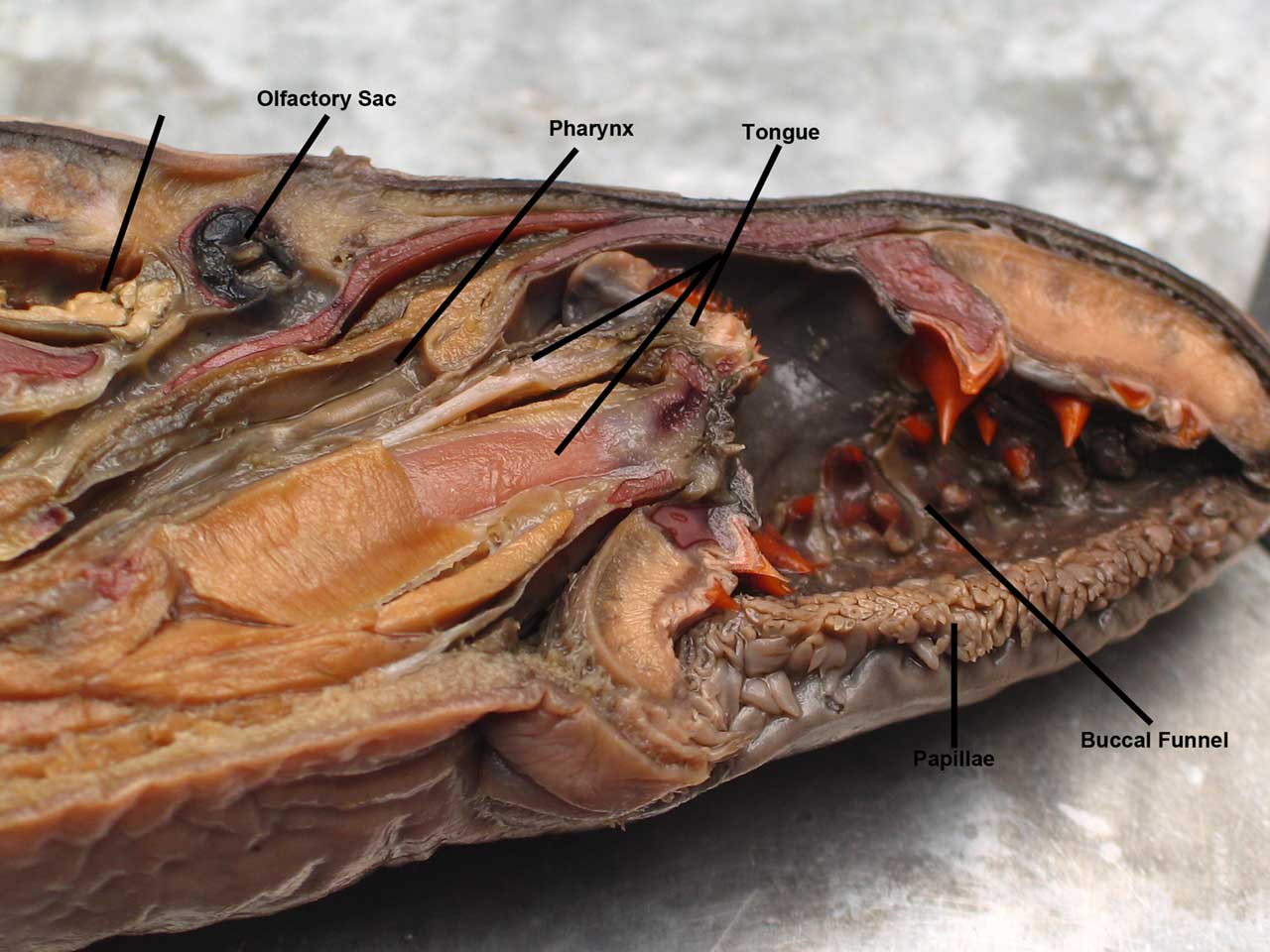
Alternation of generations is a term primarily used in describing the life cycle of plants A mature sporophyte produces spores by meiosis, a process which results in a reduction of the number of chromosomes by a half. Spores germinate and grow into a gametophyte. At maturity, the gametophyte produces gametes by mitosis. Two gametes (originating from different organisms of the same species or from the same organism) fuse to produce a zygote, which develops into a diploid sporophyte. This cycle, from sporophyte to sporophyte (or equally from gametophyte to gametophyte), is the way in which all land plants and many algae undergo sexual reproduction.









